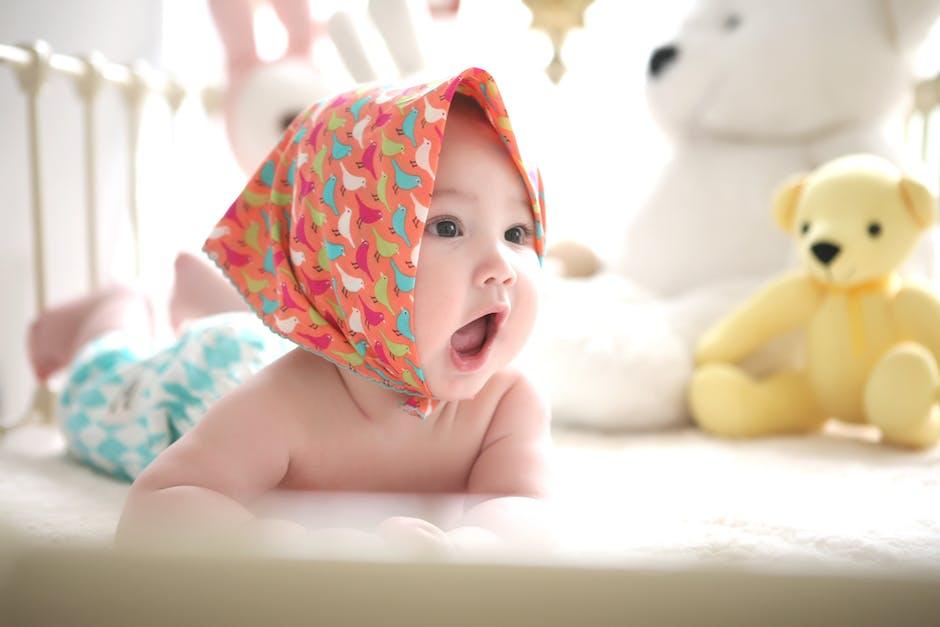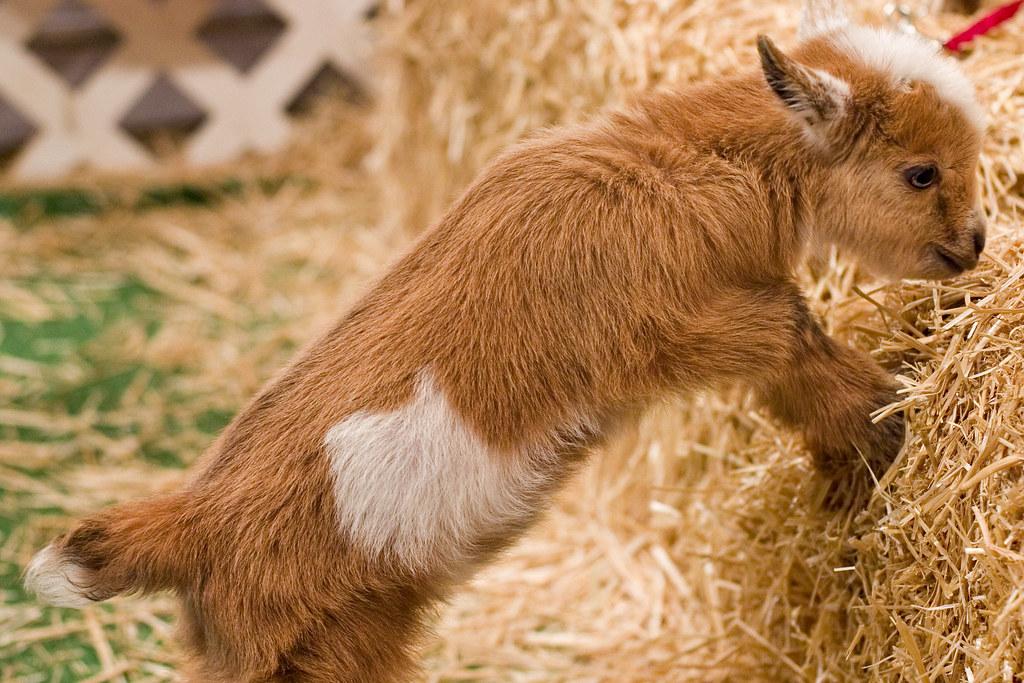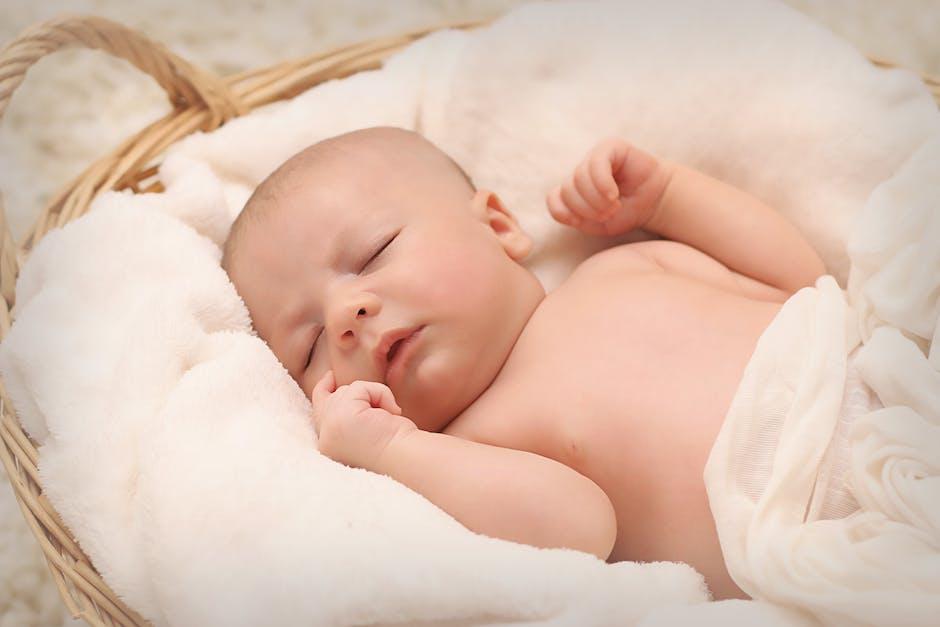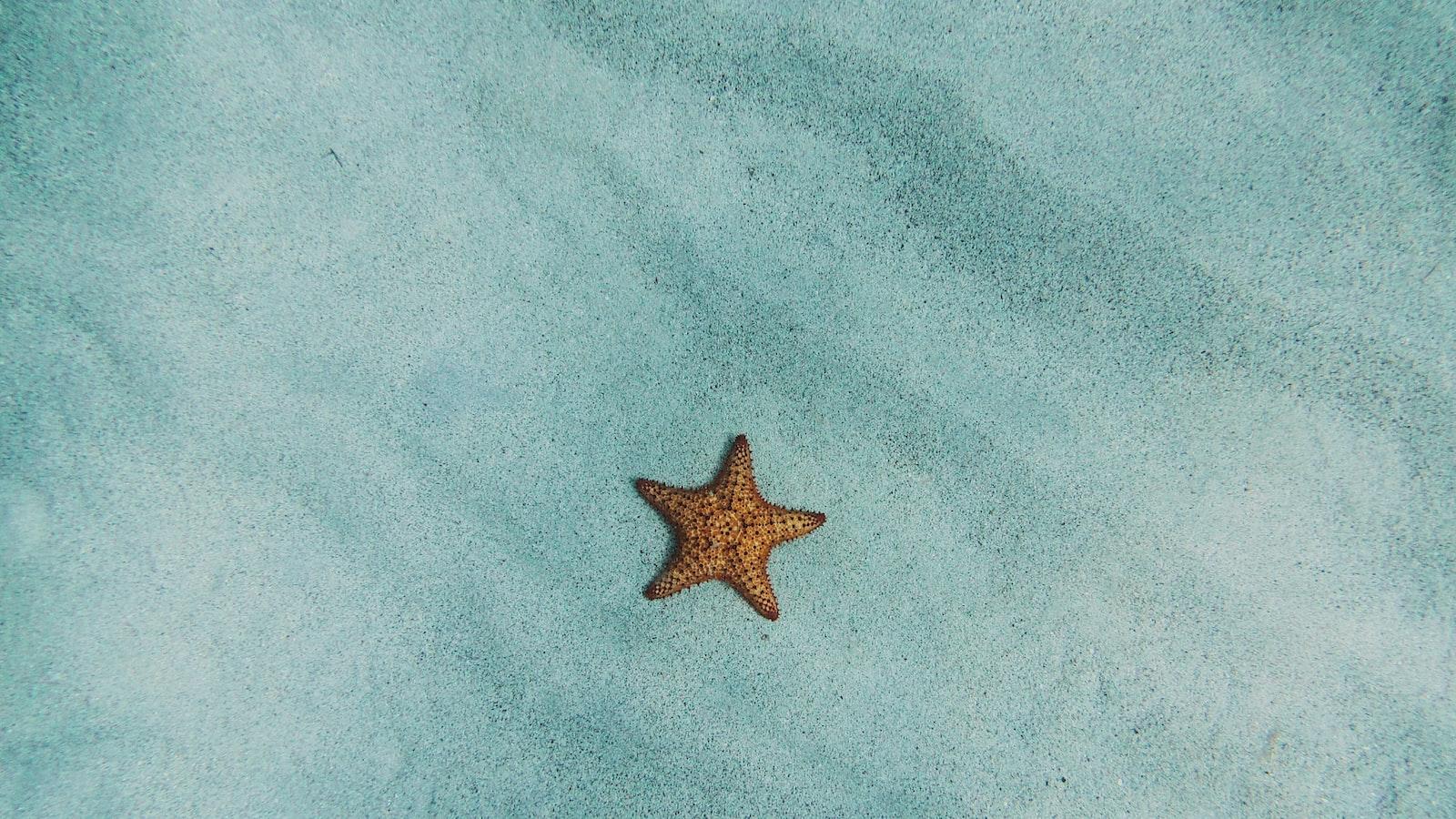Do babies need a humidifier? Humidifiers are a useful tool for keeping your baby’s environment comfortable and healthy. They can help to improve air quality, prevent colds and other respiratory illnesses, and can even help with skin conditions. So, do babies need a humidifier? The answer is yes, in some cases. In this article, we’ll explain why babies may benefit from having a humidifier in their nursery and how to choose the best one for your little one.A humidifier is a device that increases humidity (moisture) in a single room or an entire building. It can be used to prevent dry air, which can cause discomfort and health issues. Humidifiers are available in various sizes and types, such as portable units for small spaces, central systems for large buildings, and evaporative models that use filters to humidify the air.
Benefits of a Humidifier for Babies
Using a humidifier in the nursery of an infant is beneficial for several reasons. It can help provide relief from nasal congestion, dry skin, and cold symptoms. It also helps to maintain a comfortable humidity level in the room. A humidifier can be especially beneficial for premature babies or those who have respiratory problems. It can help reduce the severity of their symptoms and make breathing easier.
Humidifiers work by releasing moisture into the air, which helps to keep nasal passages and skin hydrated. This prevents dryness, which can lead to an increase in colds and other illnesses. Additionally, humidifiers help to reduce coughing and soothe irritated throats due to dry air.
Another benefit of using a humidifier is that it helps to keep dust particles from becoming airborne and settling on furniture or bedding. This reduces the risk of allergies or breathing difficulties due to pollen and other allergens in the air. Additionally, humidifiers help to reduce static electricity, which eliminates shocks when touching household items such as doorknobs or light switches.
In addition to these benefits, humidifiers are also helpful in providing relief from nosebleeds caused by dry air in the home or nursery. They also assist with reducing snoring due to dry air in the environment. Lastly, they are helpful in keeping babies comfortable while they are sleeping by providing a soothing environment with clean filtered air that is not too dry or too damp.
Overall, using a humidifier for babies provides many health benefits that can improve their overall wellbeing and comfort level while they are sleeping or playing at home or in their nursery. It is important to use a high-quality filter that is specifically designed for baby use when selecting a humidifier so that it does not release impurities into the air that could potentially harm your baby’s health further down the line.
How Does a Humidifier Help Baby Sleep Better?
Using a humidifier to improve baby sleep is an effective and natural way to ensure a good night’s rest. Babies need a certain level of humidity in the air to stay comfortable during the night, as well as when napping during the day. Humidity helps keep baby’s skin from drying out and becoming irritated, and also helps reduce congestion in their nasal passages. A humidifier can also help regulate the temperature in a room, making it easier for baby to stay at a comfortable temperature for sleeping.
When choosing a humidifier, it’s important to make sure that it is designed for babies or young children. Some humidifiers have special settings that are designed specifically for babies, such as adjustable mist levels and night lights. It should also be placed in baby’s room at least two feet away from where they sleep, as too much moisture can cause mold or mildew growth.
It is recommended that parents keep the humidity level between 40-60 percent in baby’s bedroom when using a humidifier. This level will help keep baby’s skin hydrated while still allowing enough ventilation for proper air circulation. To ensure optimal humidity levels, parents can purchase a hygrometer to measure the humidity in their home or in baby’s room specifically.
Using a humidifier with your baby can be beneficial for providing them with comfort and better sleep quality throughout the night and day. If used correctly, it can be an effective way to reduce congestion and maintain healthy skin while promoting better breathing and better sleep overall.
Are There Risks to Using a Humidifier for Babies?
Using a humidifier for babies can be beneficial for their health, but there are some risks associated with it as well. Humidifiers can help to soothe babies who are suffering from congestion, colds, and other respiratory illnesses. However, if not monitored and maintained properly, humidifiers can also increase the risk of mold growth in the home. Furthermore, certain types of humidifiers can release potentially harmful particles into the air that may be detrimental to baby’s health.
To ensure the safe use of a humidifier for babies, it is important to select one that is designed specifically for infants. Additionally, regular maintenance and cleaning are required to keep the unit functioning properly and reduce the risk of mold growth or other airborne contaminants. It is also important to monitor humidity levels in the home, as high levels can create ideal conditions for mold growth as well as cause discomfort for baby and other family members.
Humidifiers can be an effective tool for providing soothing relief to babies suffering from respiratory illnesses or congestion but should be used with caution. Following instructions carefully when selecting a unit and regularly cleaning and monitoring humidity levels in the home will help ensure that any potential risks are minimized.
What Type of Humidifier is Best for Babies?
Having a humidifier in the nursery is a great way to keep your baby’s environment comfortable. It helps to reduce the risk of colds and allergies by keeping the air moist, which aids in breathing. But with so many different types of humidifiers on the market, it can be hard to choose the right one for your baby. To help make your decision easier, here are some tips on choosing the best type of humidifier for babies.
First, you’ll want to consider size and portability. If you’re looking for something that will work in a small space, such as a nursery or bedroom, then an ultrasonic humidifier may be your best option. These small devices are relatively quiet and easy to move around if needed. They also don’t require any filters that need to be replaced, making them more cost-effective over time.
If you’re looking for something larger that can cover more space, then a warm mist or cool mist evaporative humidifier might be better suited for you. These models are typically larger and louder than ultrasonic models, but they have been known to provide more even moisture distribution throughout the room. They also come with replaceable filters that need to be changed regularly in order to keep them working properly.
Finally, consider any special features or designs that may appeal to you or your baby’s needs. Some models come with built-in night-lights or soothing sounds like white noise and nature sounds which can help lull babies to sleep at night. Other models offer adjustable mist levels so you can control how much moisture is released into the air at any given time.
Ultimately, when choosing a humidifier for your baby’s nursery it’s important to do some research and find one that meets all of your needs and preferences while still providing adequate moisture levels in the air. With these tips in mind, finding the best type of humidifier for babies should be a breeze!
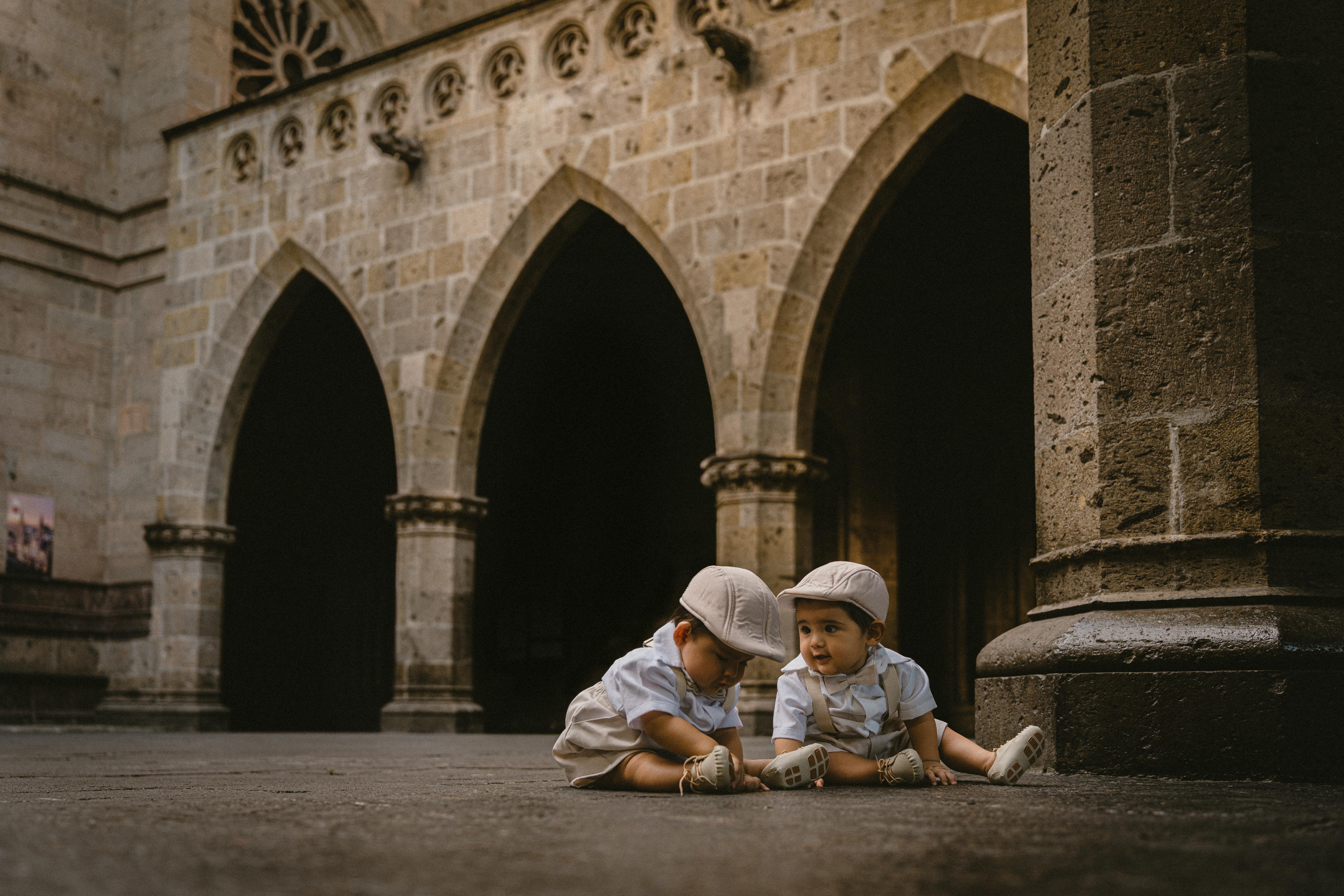
How Much Humidity is Right for Babies?
When it comes to the health and comfort of babies, humidity plays a crucial role. Too much or too little humidity can cause the air to become dry and uncomfortable for a baby, leading to many health problems. The optimal humidity level for babies is around 50%, as this helps to maintain a comfortable temperature and reduce the risk of respiratory illnesses.
In order to maintain the ideal humidity level, you should invest in a humidifier. These devices increase the moisture in the air by releasing cool or warm water vapors into the room. You should adjust the settings on your humidifier so that it maintains an optimal humidity level throughout your baby’s room.
It’s also important to ensure your baby’s bedroom is properly ventilated. Proper ventilation will help reduce dryness, as well as control allergens such as dust mites and mold spores. Open windows when weather permits or use an exhaust fan if possible. You should also take steps to prevent condensation on windows, walls and other surfaces by sealing any cracks or openings around doors and windows.
It’s also important to keep an eye on your baby’s skin for signs of dryness or irritation due to low humidity levels. You can check your baby’s skin regularly with a simple moisture meter or hygrometer, which measures relative humidity levels in the air. If you notice any signs of dry skin, you may need to increase the humidity in their room with a humidifier or other measures such as keeping plants in their room that add moisture into the air naturally.
Overall, maintaining proper humidity levels in your baby’s room is essential for their health and comfort. Invest in a humidifier and take steps to ensure proper ventilation so that you can maintain an optimal level of 50% relative humidity in their bedroom at all times.
Keeping Your Baby’s Humidifier Clean
Cleaning your baby’s humidifier is essential to ensure it works properly and remains free of bacteria and mold. Before using the humidifier for the first time, be sure to read the manufacturer’s instructions on how to clean it. Generally, most humidifiers need to be cleaned at least once a week, depending on how often you use it. To clean the device, start by emptying out any remaining water and wiping down all surfaces with a damp cloth. Then, fill a large bowl or bucket with warm water and add a mild detergent or white vinegar. Soak all removable parts for at least 30 minutes before rinsing thoroughly with fresh water and reassembling the device.
Maintaining Your Baby’s Humidifier
To keep your baby’s humidifier in good working condition, make sure you change out the filter regularly according to manufacturer’s instructions. This will help extend the life of your device and prevent buildup of bacteria or mold. It is also important to keep an eye on the humidity levels in your baby’s room as too much humidity can cause respiratory issues for some babies. If necessary, adjust the settings on your humidifier accordingly so that the room remains at an optimal level of humidity. Finally, be sure to unplug and store away the device when not in use as this will help protect it from dust and dirt buildup.
Size
When buying a humidifier for babies, one of the most important factors to consider is size. It should be large enough to effectively humidify the nursery, but small enough to fit in the space available. Make sure that the humidifier is able to produce enough mist to cover the area of the nursery, and that it can be easily moved around if necessary.
Type
There are a variety of types of humidifiers available on the market today, including cool mist and warm mist models. Cool mist models are generally considered safer for babies because they don’t put off heat that could cause burns or other injuries. Warm mist models may be more effective at providing humidity, but they should always be used with caution.
Features
Humidifiers for babies come with a variety of features that can make them more effective and easier to use. Look for models that have adjustable settings so you can easily adjust the amount of humidity in the room as needed. Other features such as automatic shut-off, timer settings, and filter cleaning indicators can also be useful.
Maintenance
It’s also important to consider how easy it will be to maintain your humidifier. Check for filters that need periodic cleaning or replacement, and look for models with self-cleaning capabilities if possible. Some models may even come with replacement filters included in the purchase price.
Price
Finally, consider your budget when looking for a humidifier for babies. There are many models available at different price points, so you should be able to find one within your budget that provides all the features you need.
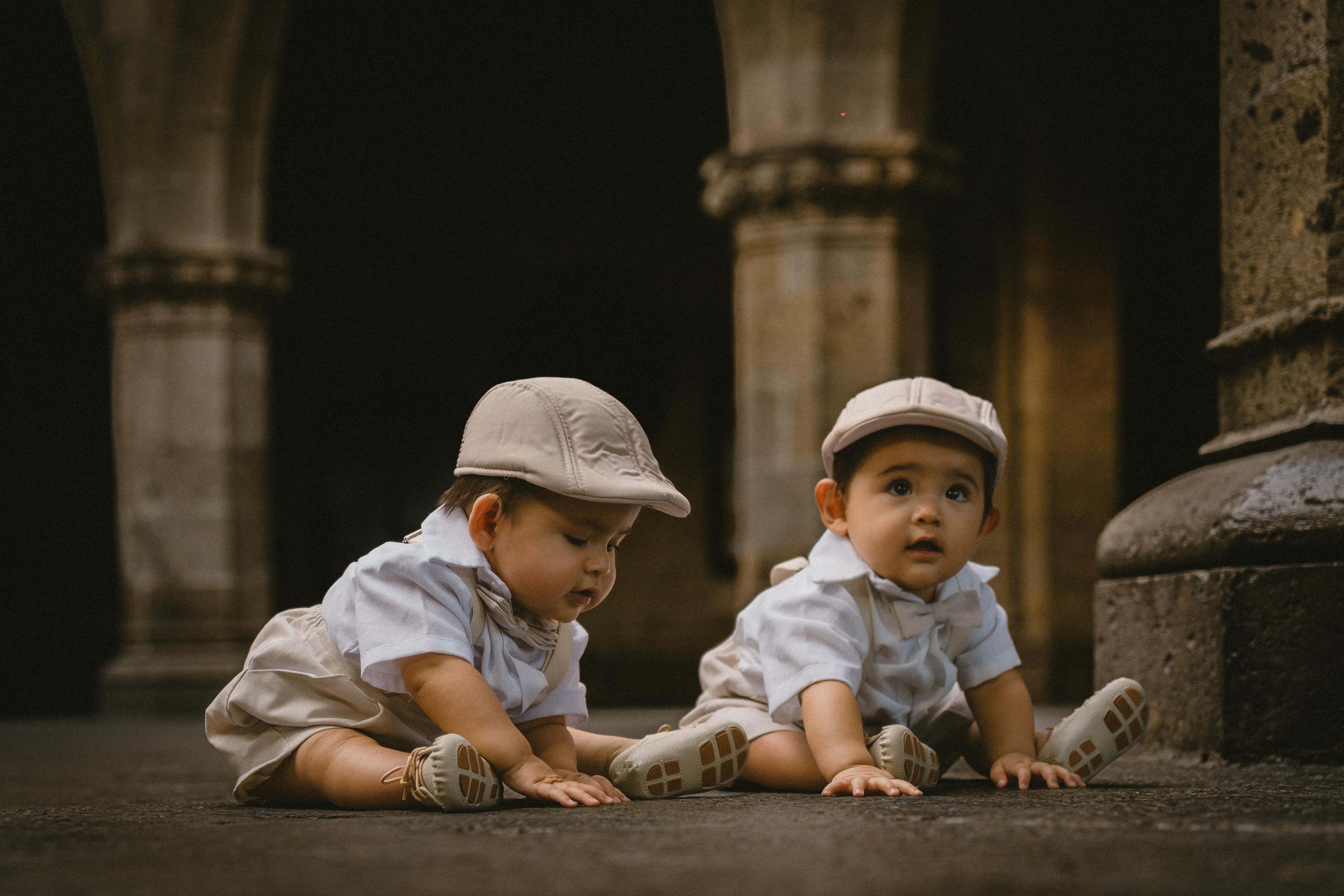
Conclusion
Babies need a gentle and comfortable environment to ensure their health and development. A humidifier can be an effective tool for maintaining the humidity level in a baby’s room and providing relief from any health issues caused by dry air. Although using a humidifier is not an absolute necessity, it can be beneficial to ensure that the baby’s environment is as healthy as possible.
Parents should be sure to research different types of humidifiers available in order to find the one that best suits their needs. This will help them make an informed decision on what type of humidifier is best for their baby. Additionally, parents should always consult with their pediatrician before using any type of home appliance around their baby.
In conclusion, while a humidifier may not be an absolute necessity for a baby’s room, it can be beneficial in providing relief from respiratory issues and promoting overall health. Parents should research different types of humidifiers available in order to make an informed decision on which one would work best for their family. It is also important to discuss the use of any home appliances with their pediatrician prior to use.

